Treatments
CORNEAL CROSSLINKING
Keratoconus is a non-inflammatory eye condition that can causes the cornea to thin and form a cone shape.
This causes blurred vision. The condition usually starts in the mid-late teenage years and can progress up to around the of 40yrs old. As we age the cornea naturally stiffens leading to the disease naturally burning out. Occasionally it may continue to progress beyond this age. Corneal crosslinking (CXL) is a preventative procedure that mimics this naturally occurring stiffening and stabilises the corneal shape preventing any further progression of keratoconus.
Corneal crosslinking involves the administration of riboflavin (vitamin B2) onto the cornea once the epithelium has been removed. This allows it soak into the cornea. UV-A light is then applied to the cornea, which causes the formation of new bonds within the corneal collagen structure making it stiffer and halting further progression of the keratoconus.
The CXL procedure can be varied to allow thin corneas to be treated.
Book a Consultation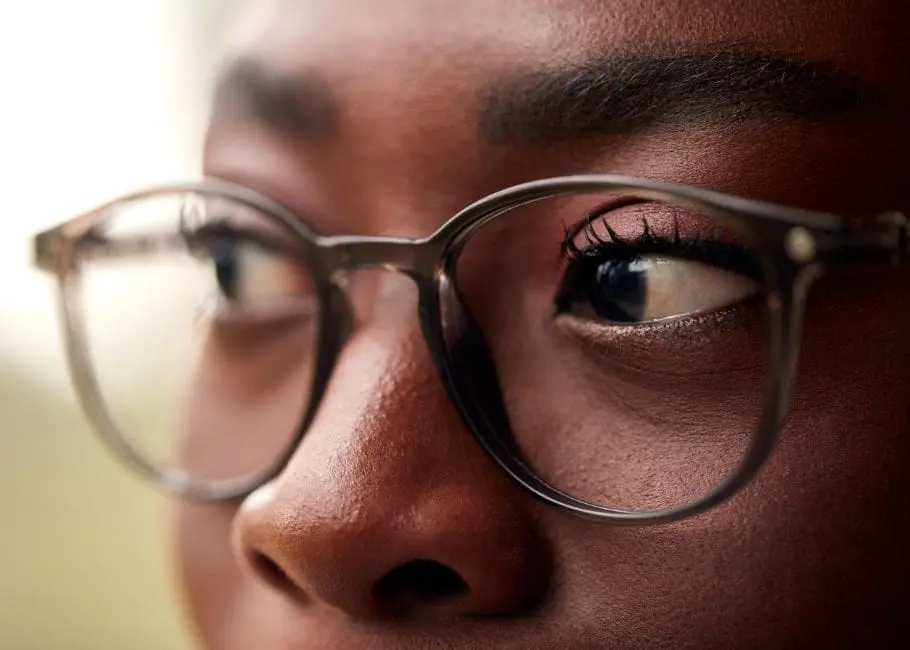
At a glance
Treatment Time
20 minutes
Treatment Anaesthesia
Local anaesthetic
Treatment Downtime
1 weeks
Treatment Frequency
Once
Treatment Results
Healthy cornea
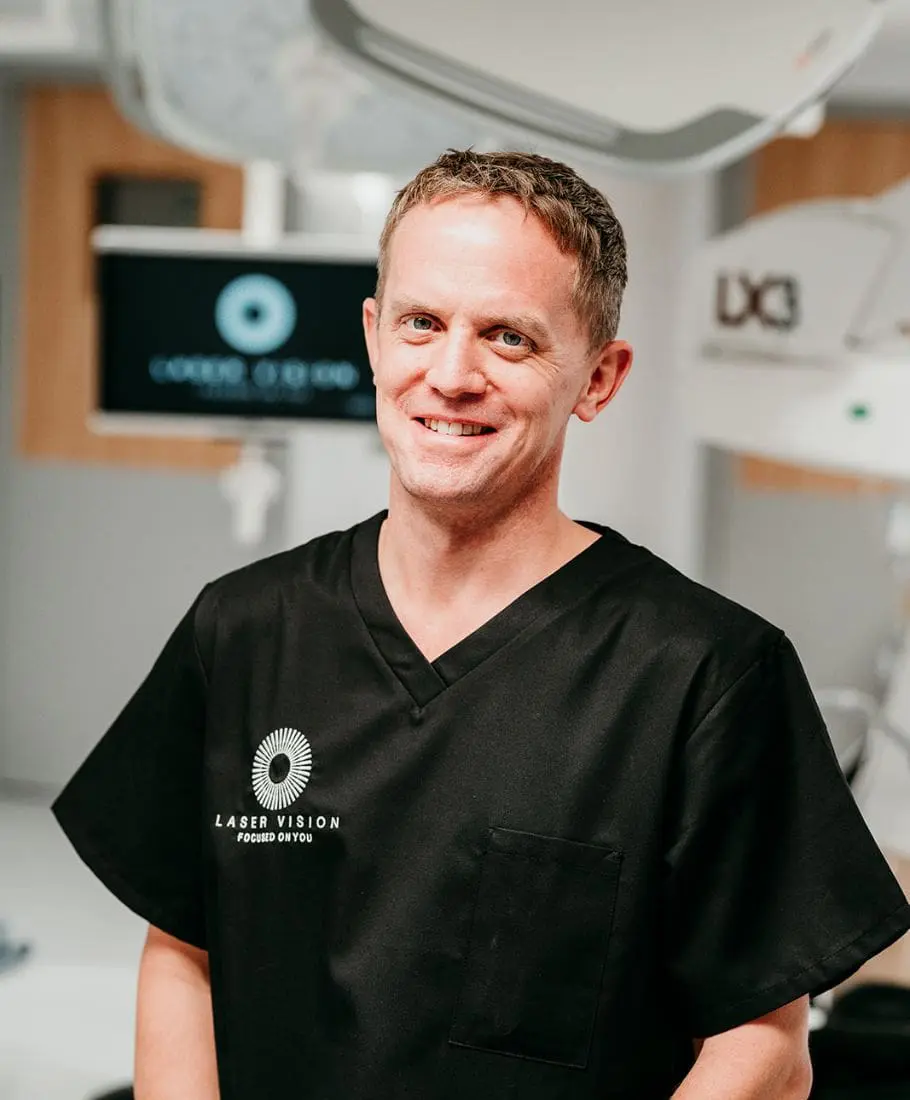
Treatment
Frequently asked questions
Who is suitable for this treatment?
This treatment may be recommended for any patient who has keratoconus that is showing signs of progression.
Is this treatment safe?
CXL is a safe procedure with minimal side effects and complications. These will be discussed in detail during your clinic consultation.
Will it hurt?
The procedure is painless due to the application of topical anaesthetic drops. There may be some discomfort in the first 48 hours but we will give you topical and oral anaesthetic medication. Aftercare will be discussed in detail at your consultation.
When can I expect the final result?
You will be monitored closely following CXL treatment. Your eye will be scanned at 3 and 6 months postoperatively to monitor for any further signs of progression. Occasionally the treatment may need to be repeated.
Are there any side effects or risks?
Expected side effects can include: discomfort and pain (first 48hrs), blurred vision, corneal haze (usually transient), grittiness, irritation (feeling like there’s something in your eye), dry eye and sensitivity to light. These usually settle spontaneously or following a course of topical steroid and lubricant drops.
Testimonials
What our patients say...
It is now two days after my second cataract procedure and I am truly amazed to see clearly again. After the first operation, which was carried out carefully and efficiently, I was delighted, however, after the second operation, I feel that a lifetime of wearing glasses is likely to become a distant memory. I have to admit to being apprehensive about the procedure. Mr Maycock understood that taking time to summarise the procedure and to answer questions helped dispel my concerns. I am in awe of his technical skills and very grateful to him for his interpersonal skills. Excellent in every way.
Mr DC
Had cataract surgery on both eyes, in April and June of 2023. The results were/are amazing. The colour spectrum changed and the world is a brighter and more colourful place. My night vision improved dramatically and 30 years of wearing glasses is in the past. Excellent service and a painless procedure, efficiently carried out by Mr Maycock and the other staff at the centre. Definitely a 5 star service from all involved and highly recommended. My sincere thanks.
Mr TN
Shining light.I have just had my second cataract removed, by Mr Nick Maycock. Having the new lenses has made an enormous difference already! Nick made me feel very comfortable and answered all my questions. The procedure was quick and painless. And at the end he assured me, all had gone well. In light of my experience, I would have no hesitation in recommending Nick Maycock to anyone who is in need of eye Surgery.
Mrs JC
Both my eyes (cataracts) were operated on by Mr. Maycock, who made me and my wife very comfortable at my consultation. He was very reassuring and explained the procedure extremely well. All throughout the procedure Mr. Maycock was explaining the process – and the result is amazing. Furthermore, as a retired Film/TV Cameraman my expectations were very high. Needless to say the result of the op has surpassed all expectations- and my eyesight is now better than ever. Mr. Maycock’s interaction is very professional and reassuring. I found the whole experience very rewarding.
Mr GM
Treatments
Related Treatments
Treatment
CORNEAL TRANSPLANT
A corneal transplant may be required if the cornea, or part of the cornea has become damaged or dysfunctional.
View Treatment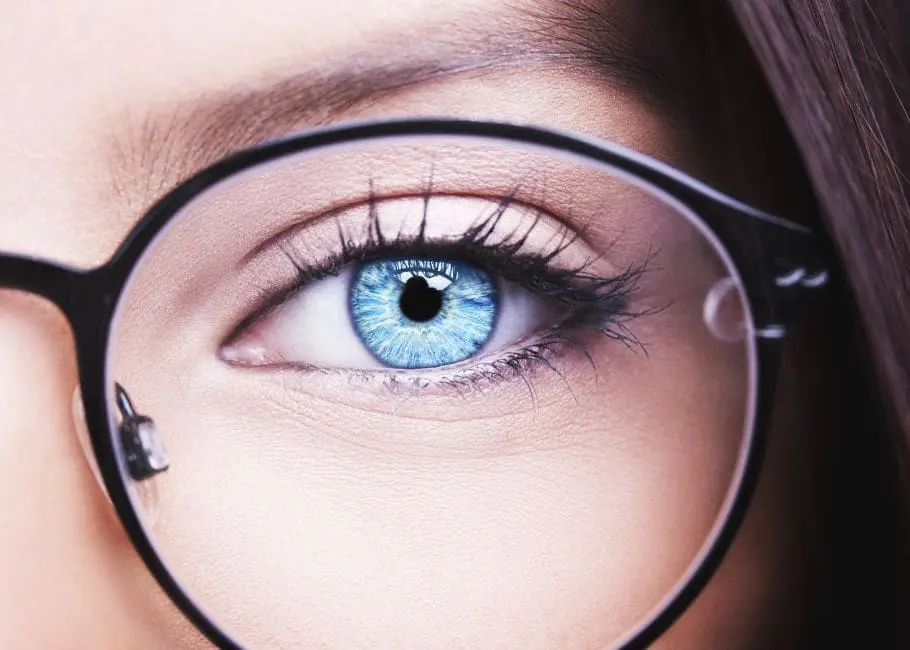
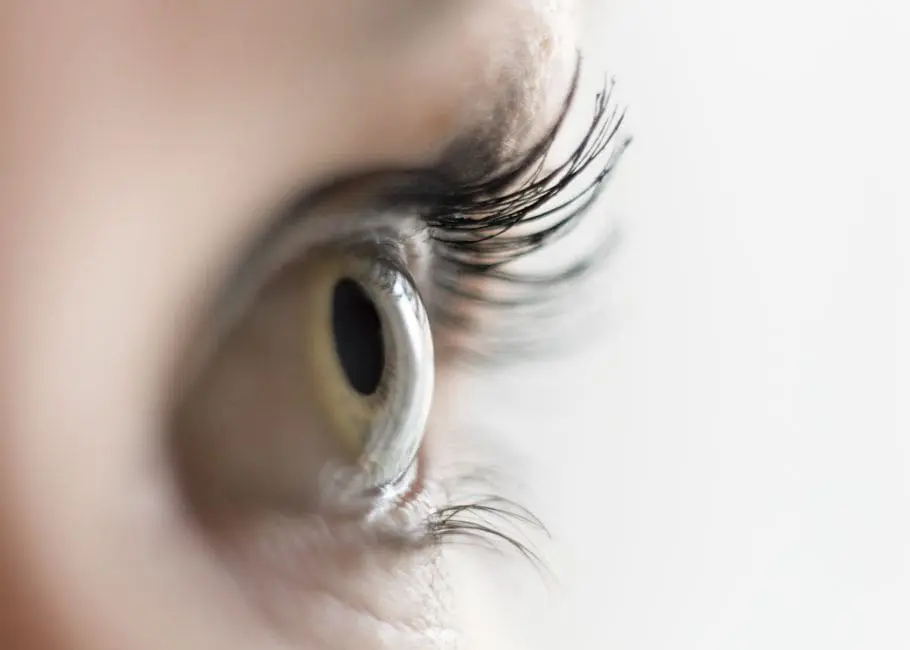
Treatment
DRY EYE TREATMENT – IPL
Around 50% of evaporative dry eye cases are caused by meibomian gland dysfunction (MGD), whereby certain factors disrupt the usual functioning of these glands.
View TreatmentTreatment
CATARACT SURGERY
A cataract is the natural clouding of the lens in the eye. Most frequently it is due to age-related changes but this can be brought on at an earlier age due to trauma or other medical conditions such as diabetes.
View Treatment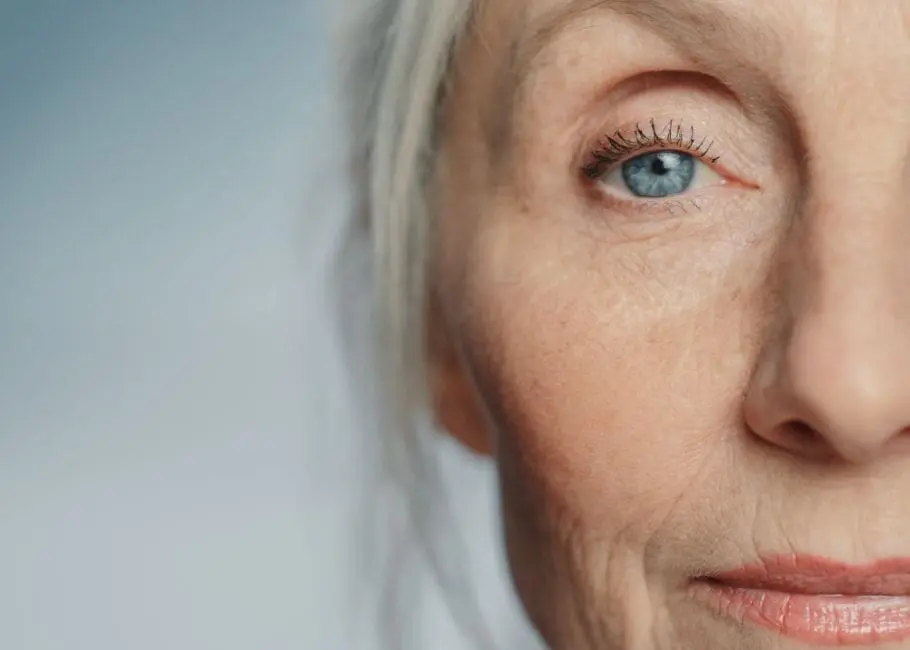

Treatment
CORNEAL TRANSPLANT
A corneal transplant may be required if the cornea, or part of the cornea has become damaged or dysfunctional.
View Treatment
Treatment
DRY EYE TREATMENT – IPL
Around 50% of evaporative dry eye cases are caused by meibomian gland dysfunction (MGD), whereby certain factors disrupt the usual functioning of these glands.
View Treatment
Treatment
CATARACT SURGERY
A cataract is the natural clouding of the lens in the eye. Most frequently it is due to age-related changes but this can be brought on at an earlier age due to trauma or other medical conditions such as diabetes.
View Treatment









